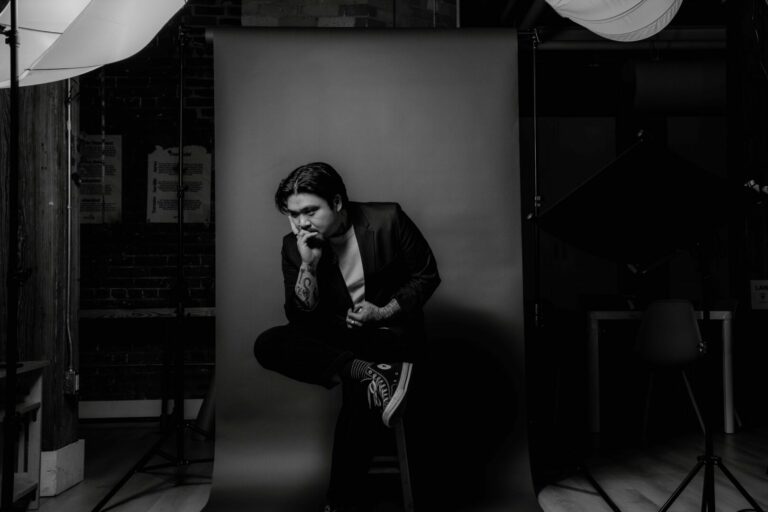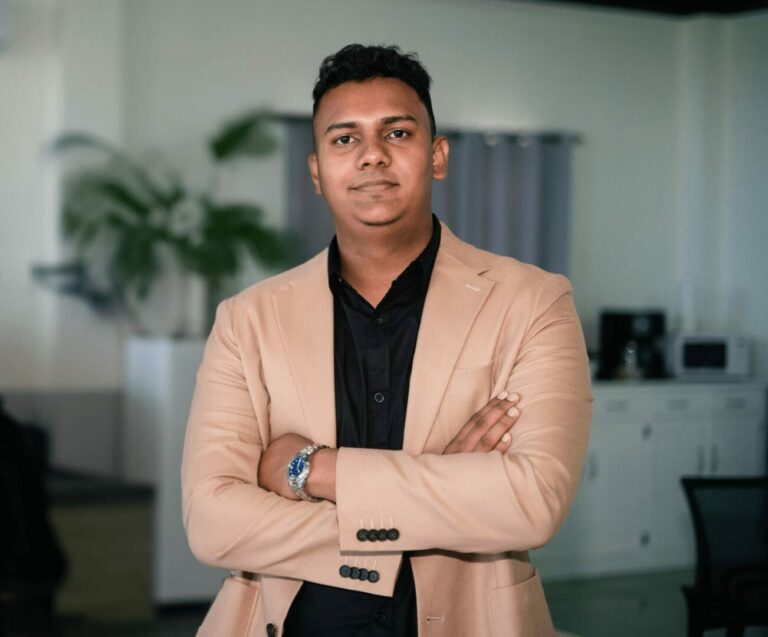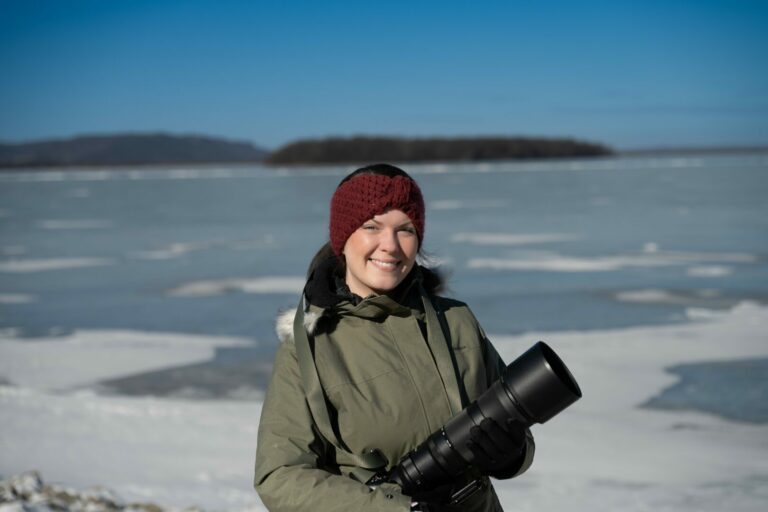We’re excited to introduce you to the always interesting and insightful Reed Mattison. We hope you’ll enjoy our conversation with Reed below.
Reed, looking forward to learning from your journey. You’ve got an amazing story and before we dive into that, let’s start with an important building block. Where do you get your work ethic from?
My views on work ethics have changed a lot in recent years. I often think about how I avoided subscribing to the grind culture mentality. I’ve never liked this cutthroat, burn the candle at both ends approach to creativity. I understand it’s a privilege to not have to constantly grind, and that privilege is not something I ignore. I do think in my creative pursuits there is a lack of grind, but still a strong ethic. A quality-over-quantity framework that keeps me from getting burned out and diminishing the fulfillment that photography gives me. Around the time I got really into Kentucky writers like Wendell Berry and bell hooks I began to think really critically about what I was creating, why I should care about creating, and more broadly what photography has the potential to contribute to a community and culture. Berry doesn’t talk about photography but does have interesting views of the affection that’s tied to our labor. I think my work ethic boils down to a quote from Berry, and I’m paraphrasing here, but he says your work should be pleasing and directly fulfilling to you and for whom it is done. I’m thankful that photography feels that way for me.
Thanks for sharing that. So, before we get any further into our conversation, can you tell our readers a bit about yourself and what you’re working on?
I’m a photojournalist from Bowling Green, Kentucky. I earned my bachelor’s degree in photojournalism from Western Kentucky University. I grew up in southern Kentucky spending a lot of time outdoors on family farms, spring creeks, and the karst hills that would come to influence what I photograph. I believe my upbringing and education in the immigrant resettlement site of Bowling Green provided a racially and culturally diverse community that proved to be formative to my photographic philosophy and class consciousness.
I spent my college summers teaching at a boy’s camp in Henderson County, North Carolina in the heart of Appalachia which instilled in me a passion for working with kids and the sociocultural importance of intergenerational relationships. The socioeconomic and racial diversity of the South combined with my enthusiasm for the outdoors has a heavy influence on my work. I hope to build class consciousness, as well as highlight the relationship people have with the natural world through documentary work.
I most recently worked for the Jackson Hole News&Guide as a photojournalist where I made strong connections to the community before becoming a freelance photographer in Wyoming. I still live in Jackson, Wyoming documenting local housing, labor, and environmental topics. My personal work focuses on themes of community care and the cultural impacts of agriculture.
Right now what I’m most excited about is a project on the working culture of community, with the intention of turning it into a book. Not necessarily the culture of the working class, although that’s a piece of the puzzle, but the work and affection that’s necessary to create a culture. Especially one based on care and commitment to each other. I think It invites people to envision a culture of community where our daily lives are imbued with meaning and enjoyment, where the nurturing of the un-commodified is recognized as an essential and fulfilling contribution to society.
If you had to pick three qualities that are most important to develop, which three would you say matter most?
I think in any industry there is a lot of problematic tradition that’s left unanalyzed. Early in my career, I was just jumping through the hoops that the older generation was holding up for me. It wasn’t until I really dove into the history of photojournalism and photography as an art that I began to understand how it’s been exploitative and harmful. The best learning I’ve done has been the unlearning. Reading about the history of perspective, who photojournalism has historically served and exploited, and how we’ve been approaching the picture-making process, I’ve learned what Not to do. To anyone early in their journey, I’d say read everything you can find about your practice and form a personal philosophy about why you do it, who you do it for, and what is your relationship with the audience.
Who has been most helpful in helping you overcome challenges or build and develop the essential skills, qualities or knowledge you needed to be successful?
My most successful strides have come from the influence of my peers. I encourage everyone to shed the burden of competitiveness. I have never experienced success by trying to serve those above me in a social or capitalistic hierarchy. When I’ve needed help, inspiration or just someone to listen it has always been the folks who are in a similar stage of their career as I am. There is much to be learned from those 10 years older and younger than us, though. The value of intergenerational friendships is imperative to anyone’s personal growth and success. When we view our peers as a network of support and trust, and not as “others” to compete against, we will all find success.
Contact Info:
- Website: https://www.reedmattison.com/
- Instagram: https://www.instagram.com/wrmattison/











